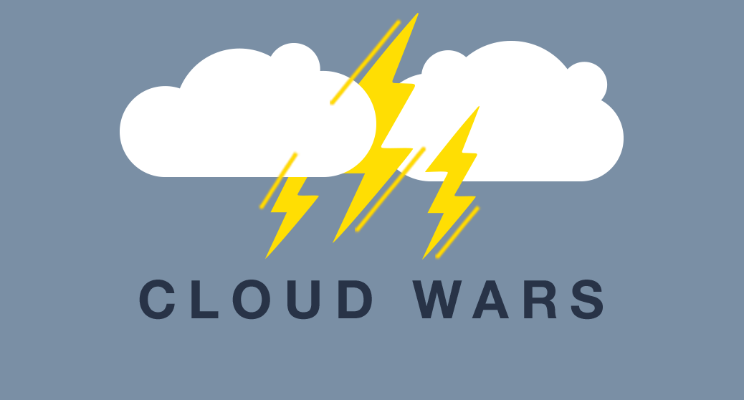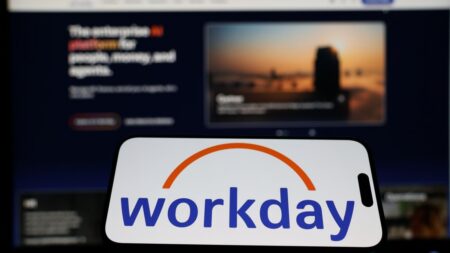The company formerly known as Google Cloud Platform appears to be laying the groundwork for a much more active role in the world of enterprise applications.
Google Cloud is quietly but steadily expanding its presence in the SaaS world by expanding partnerships with more than 100 companies that offer their own cloud apps running on Google Cloud or help business customers build and integrate their own apps within the Google platform.
On top of those third-party initiatives, Google Cloud yesterday announced Box for G Suite, and VentureBeat reported that this “integration is notable in that it allows Google Docs users to create, edit, and save their documents from inside Box — they no longer have to use Google Drive.”
That willingness to open up G Suite beyond Google Drive is a huge step forward for Google Cloud because it demonstrates to customers and prospects that the company understands that corporate customers want to be able to deploy a variety of cloud services from a range of cloud vendors in ways that best meet the specific needs of those businesses.
That mindset was captured nicely in this quote featured in the VentureBeat article from Box chief product officer Jeetu Patel: “The future of work will be defined by best-of-breed applications that work together to make it incredibly simple for people to get their work done faster, more easily, and more collaboratively than ever.”
In a blog post describing its more-aggressive push into the SaaS category through partnerships, Google Cloud senior director of global technology partnerships Nan Boden wrote, “we’re thrilled to have onboarded more than one hundred new partners to our SaaS program. These partners come from 40 countries all around the world, and represent expertise in industries ranging from retail to manufacturing.”
Boden highlighted several ways in which Google Cloud is supporting efforts by partners that want to optimize the Google Cloud for SaaS:
- a co-selling program;
- support from the Google Customer Reliability Engineering team;
- enhanced funds for marketing development;
- an online community for partners;
- the ability to put their solutions in front of Google Cloud’s global customer base by listing their solutions on the GCP marketplace; and
- support for internal processes like billing and revenue collection so partners can focus more time and resources on customers.
While these efforts are not by any means revolutionary in the partner-rich world of enterprise computing, for Google Cloud they definitely represent big steps forward in reshaping and expanding the value proposition it wants to offer to enterprise customers, who are rapidly turning to the cloud to handle an increasingly broad and strategic set of operations.
And for a company with Google Cloud’s name recognition, technological prowess and financial resources, it’s absolutely essential to ensure that its marketplace potential is matched by on-the-ground fundamental and execution.
Look for lots more such moves from Google Cloud in 2019 as it looks to take its place among the top cloud vendors helping corporate customers move rapidly into the world of end-to-end digital businesses.

*******************
RECOMMENDED READING FROM CLOUD WARS:
The World’s Top 5 Cloud-Computing Suppliers: #1 Microsoft, #2 Amazon, #3 Salesforce, #4 SAP, #5 IBM
Amazon Versus Oracle: The Battle for Cloud Database Leadership
As Amazon Battles with Retailers, Microsoft Leads Them into the Cloud
Why Microsoft Is #1 in the Cloud: 10 Key Insights
SAP’s Stunning Transformation: Qualtrics Already “Crown Jewel of Company”
Watch Out, Microsoft and Amazon: Google Cloud CEO Thomas Kurian Plans To Be #1
The Coming Hybrid Wave: Where Do Microsoft, IBM and Amazon Stand? (Part 1 of 2)
Oracle, SAP and Workday Driving Red-Hot Cloud ERP Growth Into 2019
*********************
Subscribe to the Cloud Wars Newsletter for twice-monthly in-depth analysis of the major cloud vendors from the perspective of business customers. It’s free, it’s exclusive, and it’s great!








